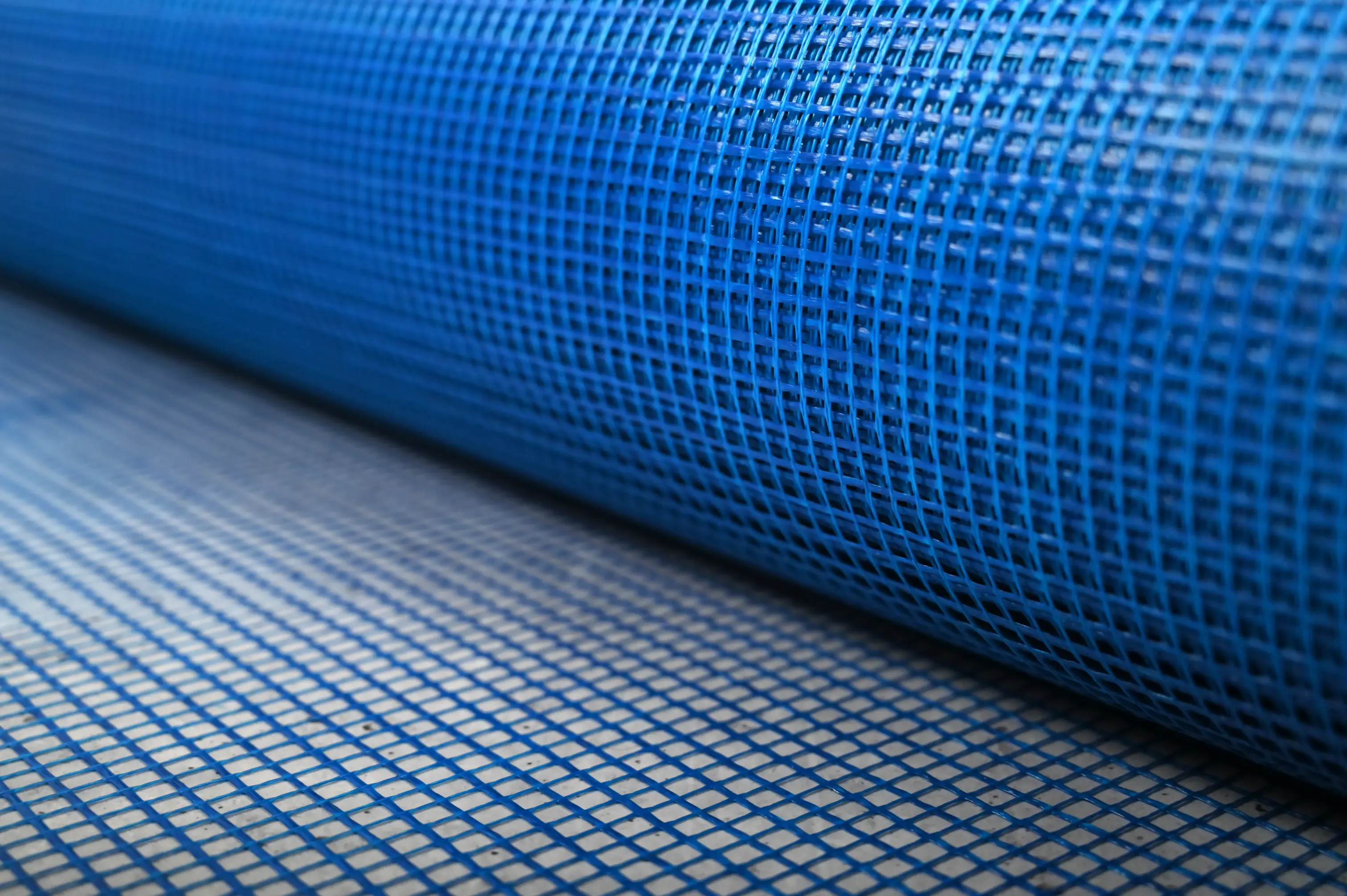We contributed to the first industry-wide Life Cycle Assessment (LCA) of open mesh fabrics in Europe – a milestone project led by TECH-FAB Europe and conducted by PwC.
The study, covering over 95% of European production, delivers detailed cradle-to-gate insights into the environmental impact of glass fibre mesh fabrics, widely used in external thermal insulation systems (ETICS) for buildings.
Why this matters to our customers
Whether you're a system supplier, insulation manufacturer, or building planner, you’re under growing pressure to measure and reduce your product’s carbon footprint. With this new LCA, you now have reliable European benchmark data to support your own sustainability calculations, and to meet rising regulatory and client demands.
📄 Download the full LCA Report (PDF)
📄 Download the official Press Release (PDF)
Key findings from the LCA study
Carbon footprint: On average, producing 1 kg of open mesh fabric in Europe emits 2.17 kg CO₂e.
Energy use: It requires 48 MJ of primary energy per kilogram produced.
Emission sources:
- 71% of emissions come from raw materials – primarily glass fibre (65%) and SBR coating (32%).
- 26% of emissions come from on-site energy use (mainly electricity and gas).
- 3% are linked to raw material transport.
European advantage: Glass fibre sourced from Europe has up to 56% lower CO₂ emissions compared to materials imported from India or China.
What it means for our company
As one of the contributors providing real-world data to this LCA, we reinforce our commitment to transparency, responsibility, and customer-centric sustainability. The results validate the decisions we’ve made in sourcing and production, offering our customers a clear advantage when assessing their full system impact.
Choosing European-made open mesh is not just a matter of logistics or quality, it’s a strategic ESG decision.
📄 Download the full LCA Report (PDF)
📄 Download the official Press Release (PDF)
build solid.


